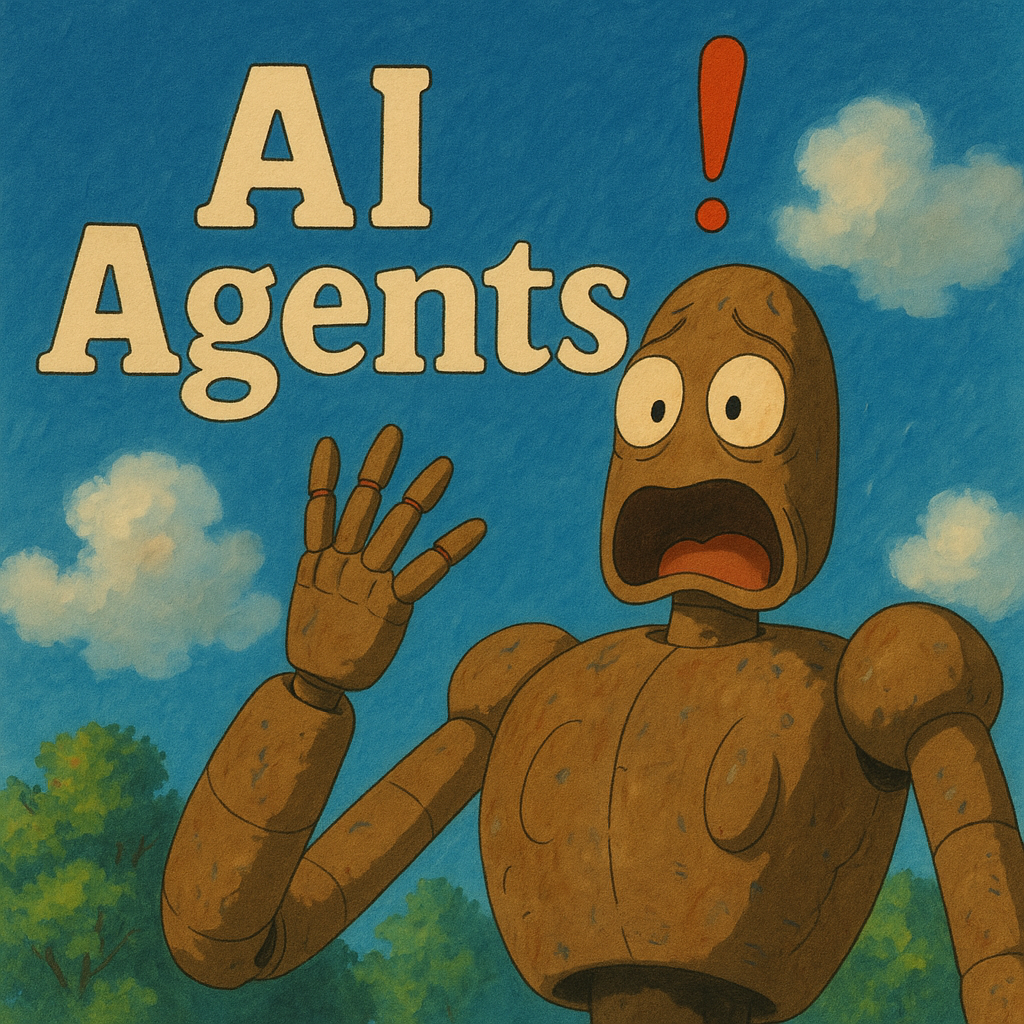When choosing agentic AI is an overkill!

We started the year 2025 with great expectations from agentic AI. We thought agentic AI was the next big wave in AI. While it hasn’t disappointed, with its novelty comes limitations which I am sure will fade with time.
We all have experienced chatbots in some form before the LLM era. Be it talking to an automated system over the phone or chatting with a customer service bot. The only difference is that the bots used to be rule-based. It mostly used an if-then logic. We press “A” or “B” and continue it till we are left to chat with a human. What Agentic AI to the table is coupling autonomous decision making capabilities powered by the already intelligent LLMs.
But do we need to use this new boy in town to develop next-generation “AI” systems? The short answer is not always.
Let's start positively and see situations when we should actually choose agentic AI over rule-based AI. I have assumed a simple chatbot that interacts with customers in the below example. I leave the other applications to your imagination.
Go for agents if your system needs…
- Complex, Multi-Step Decision-Making. If your customer’s query involves going through a few pages of documents, then agentic
- Personalized & Adaptive Systems. If you wish to give a personalized touch every time we interact with a customer. For example, a travel company bot can recommend places based on a customer’s past travel history.
- Tasks Requiring Integration of Multiple Tools. If the customer needs one one-click response involving multiple DBs and APIs. Going back to the travel example, this could be the customer asking for the beach holiday destination with the cheapest flight and hotel prices for particular dates.
- Scenarios Where Human-Like Reasoning is Needed. When a little bit of creativity is involved, definitely agents do a far better job. For example, if the customer explains his situation and asks the chatbot to suggest a solution. F
- Instant response and high degree of automation. If responding to the customer in near real-time is a priority over getting the best response.
Choose a rule-based system if…
- Simple, Deterministic Tasks. I have noticed people asking LLMs what is 28+34. Seriously?! These are simple deterministic tasks. First ask, if you can program a solution. If so, then that's your best solution. It indicates no intelligence is needed for your problem. Agentic systems tend to hallucinate for simple problems and cook up stories. Do we really want that?
- High-stake systems. Medical and legal are two good examples of systems that are sensitive and so are high stakes. While it is tempting to go down the AI route, we are way better off with rule-based solutions that are explainable.
- Scanty and unpredictable data. Agentic systems being built on top of LLMs are data-hungry. Unless you can feed several thousand, if not millions of records to these systems, expect poor results rather than sensible ones. You may be better off starting with a rule-based solution. As data in your system grows, move on to LLM-based and then agents-based solution.
- Cost-effective or Resource-effective Projects. Agentic systems are LLM-powered beasts often involving multiple LLM calls. LLMs are tokens-heavy. With tokens comes $$$. Even if you have your own personalized, fine-tuned LLM models, they run on compute-heavy machines on the cloud. You may eventually be better off having a human behind a simple rule-based system who could be cheaper to employ.
- Ethical and regulatory risks. This is an ongoing story for organizations of all sizes. How regulated and ethical are LLM-based systems? The question will be more subtle if your system is just rule-based!
In summary, I have tabulated when we should choose one over the other.

Conclusion and Alternative Solutions
While we have looked into the pros and cons of going down the agentic route for your system, it is never binary. We can always opt for a hybrid approach where the system starts with a rule-based solution and involves an agent as and when needed. Or it could be an agentic system that pings a human while it is not confident in its decision.
Hope that was useful!
